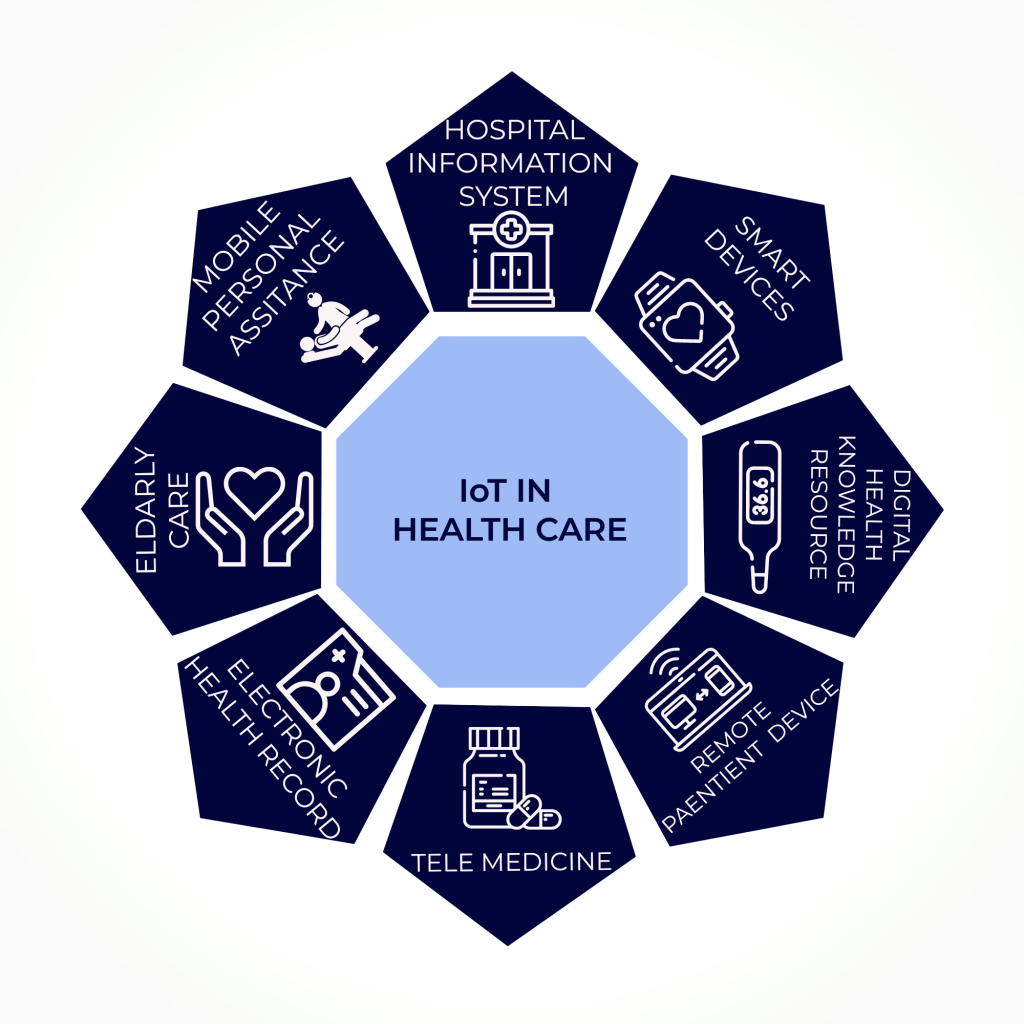HealthCare

Healthcare domain testing is an area of software testing that focuses on the standards, compliance, quality, reliability, performance, safety and efficiency of healthcare software applications. It is a critical part of ensuring that healthcare software applications meet the high expectations of patients, doctors and other healthcare professionals.
Healthcare domain testing includes a wide range of activities, from verifying that medical devices are safe and effective to testing the accuracy of electronic health records. In order to be successful, healthcare domain testers must have a strong understanding of both the technical aspects of healthcare software applications and the clinical processes they support.
The goal of healthcare domain testing is to ensure that software meets all applicable standards and regulations and delivers the high level of quality, safety and performance that patients and providers expect. By identifying and addressing potential problems early in the development process, healthcare domain testers can help make sure that patient safety is never compromised.
Regulatory Authorities
There are several health care regulatory authorities that must be considered when testing healthcare applications and devices. The most important of these is the
-HIPAA Health Insurance Portability and Accountability Act.
-CMS Other important agencies include the Centers for Medicare and Medicaid Services
-OIG Office of the Inspector General (OIG)
-FDA Food and Drug Administration (FDA).
Each of these agencies has different requirements for testing healthcare applications and devices. For example, HIPAA requires that all health information be kept confidential, while the CMS requires that all claims be processed accurately. The OIG assesses compliance with Medicare regulations, while the FDA regulates the safety and effectiveness of medical devices.


Testing Healthcare Applications
Healthcare applications are under a lot of scrutiny these days. With the advances in technology, there are many different types of testing that can be done on them.
-Functional testing is perhaps the most important type of test for healthcare applications. This type of testing verifies that the application is functioning correctly and as intended.
-Conformance testing is another important type of test. This type of test verifies that the application conforms to standards and regulations.
-Platform testing is also important, as it verifies that the application runs on the intended platform and is compatible with other applications on that platform.
-Interoperability testing is also crucial, as it verifies that the application can communicate with other systems and devices.
Challenges
Healthcare applications are among the most complex and challenging to test of any software type. They must meet the needs of a wide range of users, from doctors and nurses to patients and caregivers. They must be able to handle large amounts of data and be highly reliable. And they must be compliant with a host of regulatory authorities.
Testing healthcare applications requires expertise in many different areas. Functional testing is critical to ensure that the application works as intended. But it is also important to test for performance, scalability, security, and compliance with regulations.
Safety is another key concern when testing healthcare applications. Because these applications deal with sensitive patient data, they must be tested thoroughly to ensure that data is protected from unauthorized access or disclosure. Cross-dependencies between different components of the healthcare system can also create challenges for testers.
Given the complexity of healthcare applications, it is not surprising that testing them can be a challenge. But with careful planning and execution, it is possible to overcome these challenges and ensure that these vital applications work properly and safely.


What Makes DragonFlyTest Different
- Healthcare applications are functioning correctly
- Meet all necessary security and privacy requirements
- Protect patients’ data
- Identify potential issues before they cause problems
- Organizations can avoid costly downtime and disruptions in service
- Ensuring the safety and accuracy of these vital tools
- Extracting patient demographics and order data via HL7 integrations.
- Workflow frameworks and applications for medical transcription.
- Personalized patient record systems, electronic medical record management systems, and CRMs for hospitals and clinics.
- Applications for Mobile Testing of e-Signatures and patient medical records for doctors on (iPhone, iPad, Windows Mobile, and Palm).

